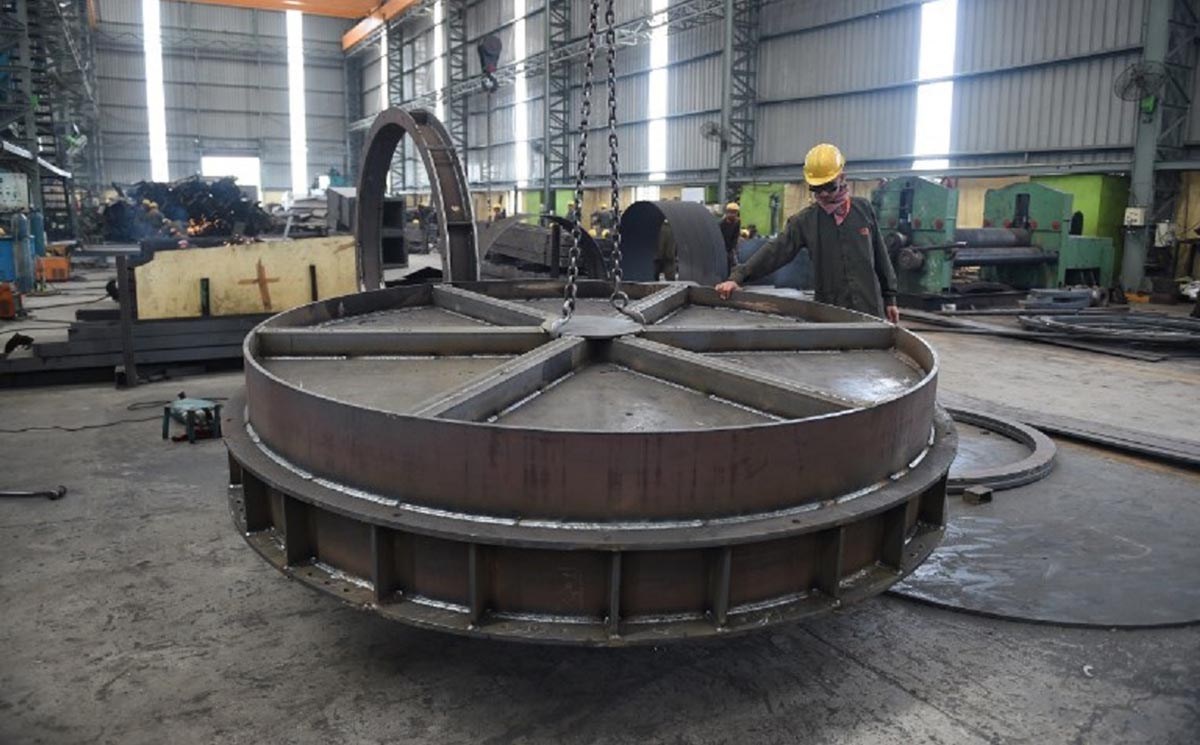(ATF) The ongoing 21-day lockdown in India to contain the spread of Covid-19 is expected to leave many small businesses in danger of shutting down. The country is home to 69 million micro, small and medium enterprises and employs close to 110 million people.
A study by the All India Manufacturers’ Association indicated that if the lockdown continues for four weeks, 19% of jobs will be lost and if it stretches to eight weeks, almost 43% of jobs will be lost.
While on one hand these enterprises will see a sharp fall in businesses and face a cash crunch, on the other they will face a manpower shortage as migrant workers have been fleeing their workplaces in the cities to their homes in villages.
These companies are too small to have enough of a cushion to last through a long lockdown. Add to this the fact that many of these companies have been asked to close or curtail their operations while still paying employees, on top of paying taxes, power bills and other utility costs. Most cannot sustain this for long.
Micro, Small and Medium Enterprise (MSME) representatives have appealed to the government to provide support packages and incentives. This includes tax concessions, easy access to credit, GST write-offs and reimbursement or concession for wage guarantees.
Hospitality, retail worst hit
Ravi Venkatesan, who heads that Global Alliance for Mass Entrepreneurship, a platform for entrepreneurs, told the Economic Times that while each sector would encounter job losses, the hospitality and retail sectors would be the worst hit.
While the hospitality industry employs 40 million people across the country, nearly 12 million jobs may disappear at the end of this crisis. The retail industry employs 46 million people.
Venkatesan’s organisation is working towards creating a US$100 million fund to help these small businesses. It will be set up in a couple of weeks and provide low-interest loans to these businesses. The recipients may also get a moratorium of up to three months to repay loans.
The liquidity crunch faced by these enterprises is a cause for concern for non-banking finance companies and microfinance institutions as they expect a rise in delinquency levels.
They include those who had unsecured loans based on estimated cash flows and those against property. In both cases paying timely debt would remain a key challenge for small businesses.
The Indian central bank’s recent move to cut interest rates by 75 basis points and permit banks to defer instalment payments on all term loans and working capital loans by three months has been welcomed by small businesses.
They felt it would help them meet their immediate needs such as wages and other urgent bills.
However, some felt it would have been better had the Reserve Bank of India waived the interest on the working capital loans for this period.






















